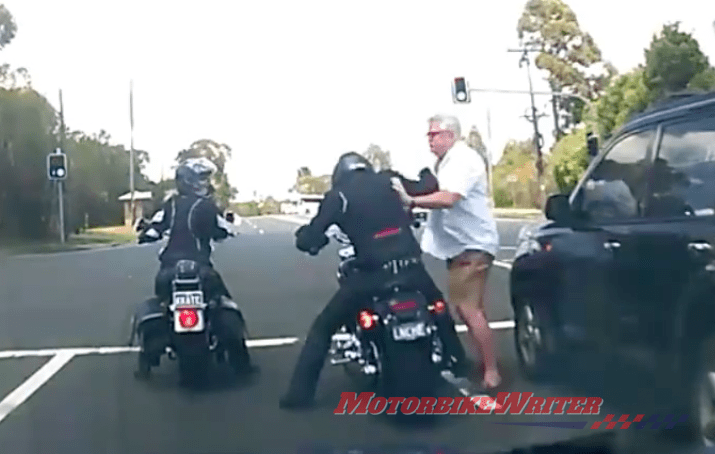There is little doubt that dash cams have been pivotal in providing evidence for riders who have been involved in crashes.
They are already a standard fitting in many transport company and emergency services vehicles.
Some insurers are also offering discounts to motorists who have them fitted.
The next step could be that these dash cams become standard fitting in cars and even on motorcycles.
While that would be useful in the event of a crash, it does present an issue of privacy which is being rapidly eroded during these pandemic times.
Now one car rental compact is calling for the the Government to make it mandatory for all motorists to have a dash cam in or on their vehicles.
StressFreeCarRental.com says dash cams are vital as statistics in Australia show an average of 21 people are killed in road accidents every week.
A spokesman says: “We would like to see the Government make it mandatory for every motorist to have a dash cam fitted in their vehicle as an extra layer of protection for drivers, their passengers and all road users.”
I don’t see how a dash cam could prevent any of those deaths, but they could lead to better enforcement of road rules.

Dash cams are currently legal on Australian roads and you don’t need any special permission to use them.
However, in some countries, it is a breach of privacy if someone in your vehicle is unaware they are being recorded.
If you install your dash cam incorrectly and it obstructs your field of vision while driving or riding you could also be breaking the law and face a fine.
In that case, the footage recorded could be rendered inadmissible in court.
Victorian Police even take a dim view of helmet cameras, although their police use them.
This is interesting as most Australian police are increasingly asking for dash cam footage of crashes.
Dash cam footage has also been used in cases carjacking, road rage, road side road scams and motorists speeding, running red lights or contravening other road rules.
Riders should also be aware that their own dash cam footage could be used against them if they contravene road rules.



